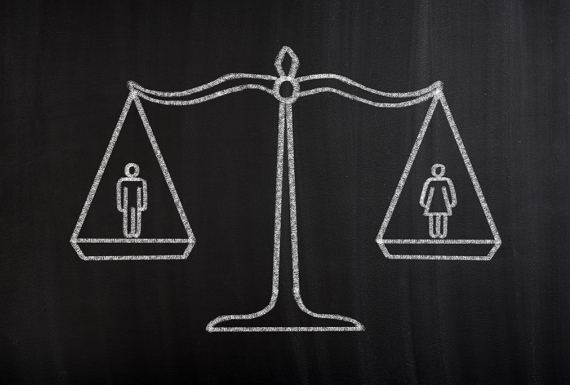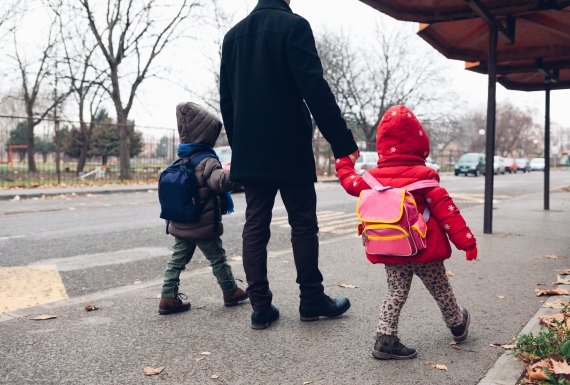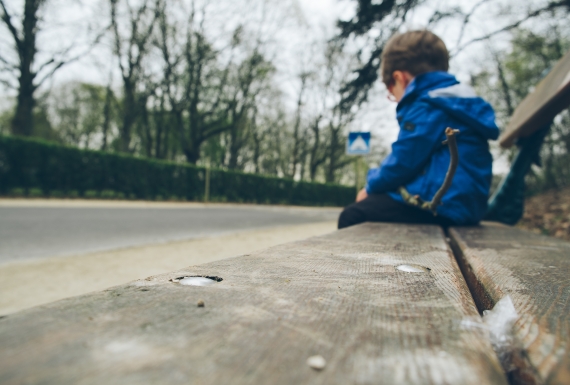Does comprehensive education reduce health inequalities?
Despite the growing life expectancy witnessed in the last decades, in many western countries, socio-economic inequalities in health persist. A voluminous body of work describing social and economic determinants of health inequalities exists, but much less is known about the impact of social policies, and specifically educational reforms, on health. In this paper, we examine whether the introduction of comprehensive secondary education in Britain has led to any change in health inequalities measured by a variety of both objective and subjective indicators. Equalizing educational opportunities is an argument for a comprehensive school system. Given that education is an important social determinant of health, it is hypothesised that a more equitable comprehensive system could reduce health inequalities in adulthood. To test this hypothesis, we exploited the change from a largely selective to a largely comprehensive system that occurred in the UK from the mid-1960s onwards and compare inequalities in health outcomes of two birth cohorts (1958 and 1970) who attended either system.












Inequality can affect people of all ages; however, there are some stages of the life-course at which inequality can have a particularly significant impact. Children and young people are often more affected by, and subject to, inequality than adults and they are often the least able to defend themselves against it. What is more, the negative impact of inequalities experienced in childhood can have a long term effect across the life-course, often being perpetuated and exacerbated such that their life chances are significantly reduced. Our research examines age inequality in a range of contexts, including the impact of inequality in early life and changes in age inequality over time.
Our current active research projects on spatial inequalities are listed below (these link closely with our research on Socio-Economic, Gender, Education and Justice inequalities).